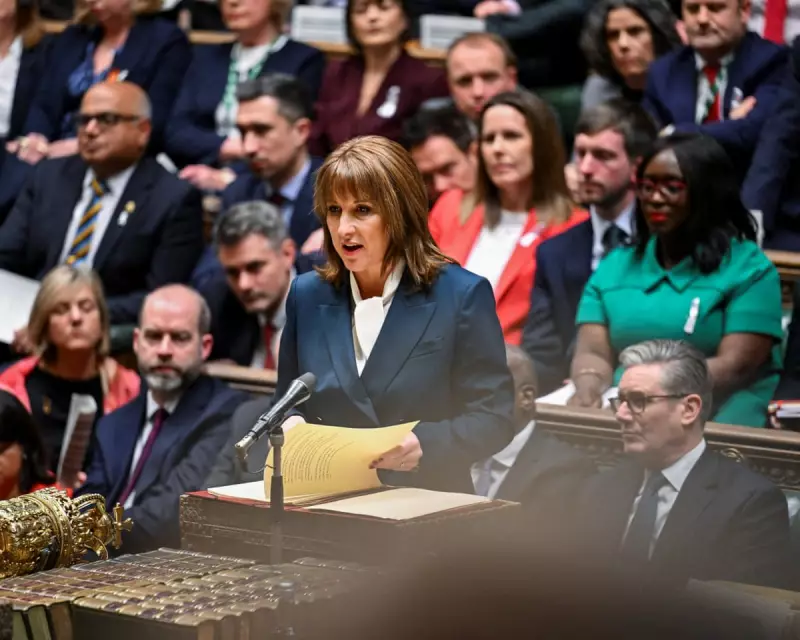
Chancellor Rachel Reeves has launched a robust defence of her first budget, acknowledging that working people will contribute 'a bit more' in tax but insisting she has minimised the impact through levies on other sectors.
Defying forecasts and defending tax choices
In a series of radio interviews the day after delivering her statement to the Commons, the Chancellor struck a defiant tone. She vowed to continue in her role and 'defy' economic forecasts, pointing to an upgraded growth prediction from the Office for Budget Responsibility (OBR) as early evidence of her success.
'Lots of people have tried to write me off over the last 16 months. And you're not going to write my obituary today,' Reeves told Times Radio. 'There's plenty more that I'm going to do to grow our economy and make working people better off.'
She highlighted that the OBR had revised its UK growth forecast for this year up from 1% in the spring to 1.5% following her budget announcement.
Where the tax burden falls
The central revenue-raising measure, a three-year freeze on income tax thresholds, is projected to bring in £12.4 billion to the Treasury by 2030-31. This policy will result in more than 1.7 million workers either paying income tax for the first time or being pushed into a higher tax band.
Reeves defended this move, stating she had to operate 'in the world as it is' and had kept the contribution from working people to an 'absolute minimum' by raising taxes elsewhere. These additional measures include:
- Increased taxes on gambling companies.
- Higher taxes on properties worth over £2 million.
- Increased tax on landlords' rental income.
- A new pay-per-mile tax for electric vehicles.
When questioned, the Chancellor declined to rule out the possibility of further tax rises next year.
Investing in children and facing criticism
A key social policy in the budget was the decision to scrap the two-child benefit cap. Reeves championed this as a 'good investment' in children's futures, revealing that in 60% of the families that would benefit, the parents are in work.
This policy drew criticism from the opposition. Mel Stride, the Shadow Chancellor, argued that lifting the cap was the wrong choice and could lead to 25,000 more people going on to benefits. He contended that a Conservative government would instead focus on cutting £23 billion from the welfare bill.
On economic growth, Reeves pointed to new investment announcements from financial giants JPMorgan and Goldman Sachs as evidence that her budget was working. Goldman Sachs confirmed on Thursday it was expanding its presence in Birmingham.
The Chancellor also expressed frustration that the OBR had not formally scored the growth potential of several government initiatives, including new trade deals and the planning and infrastructure bill, as they did not individually meet its 0.1% impact threshold.





